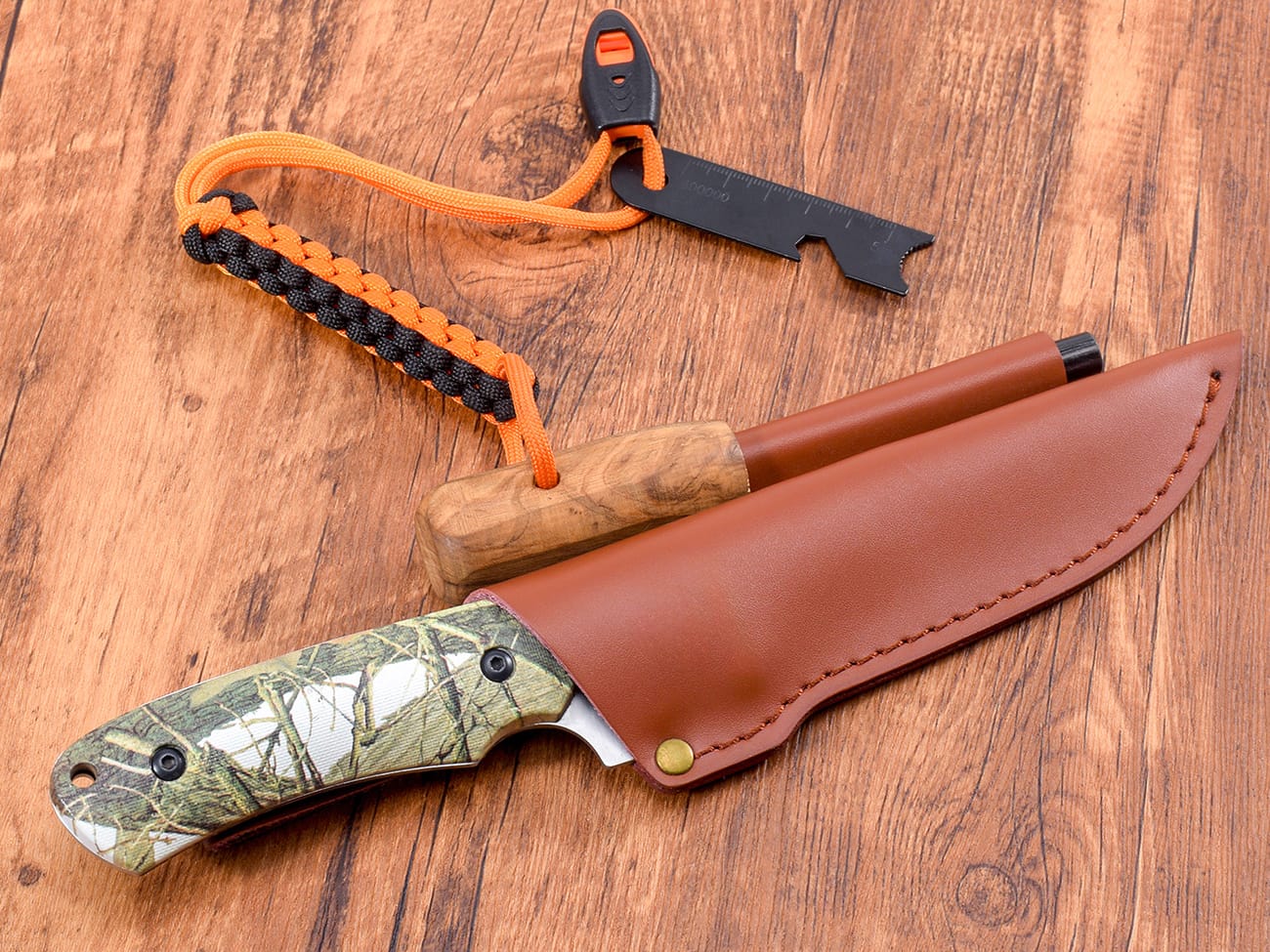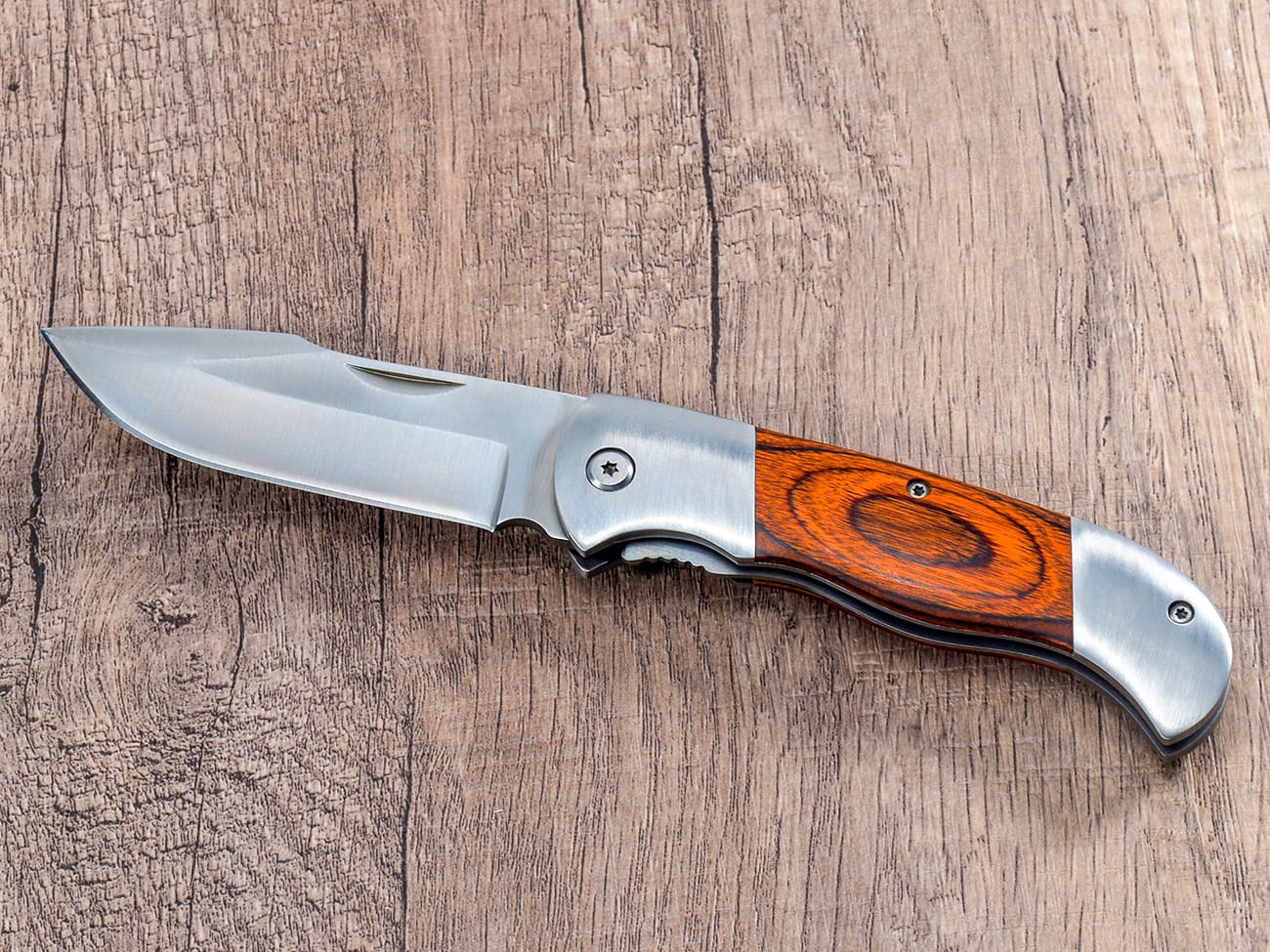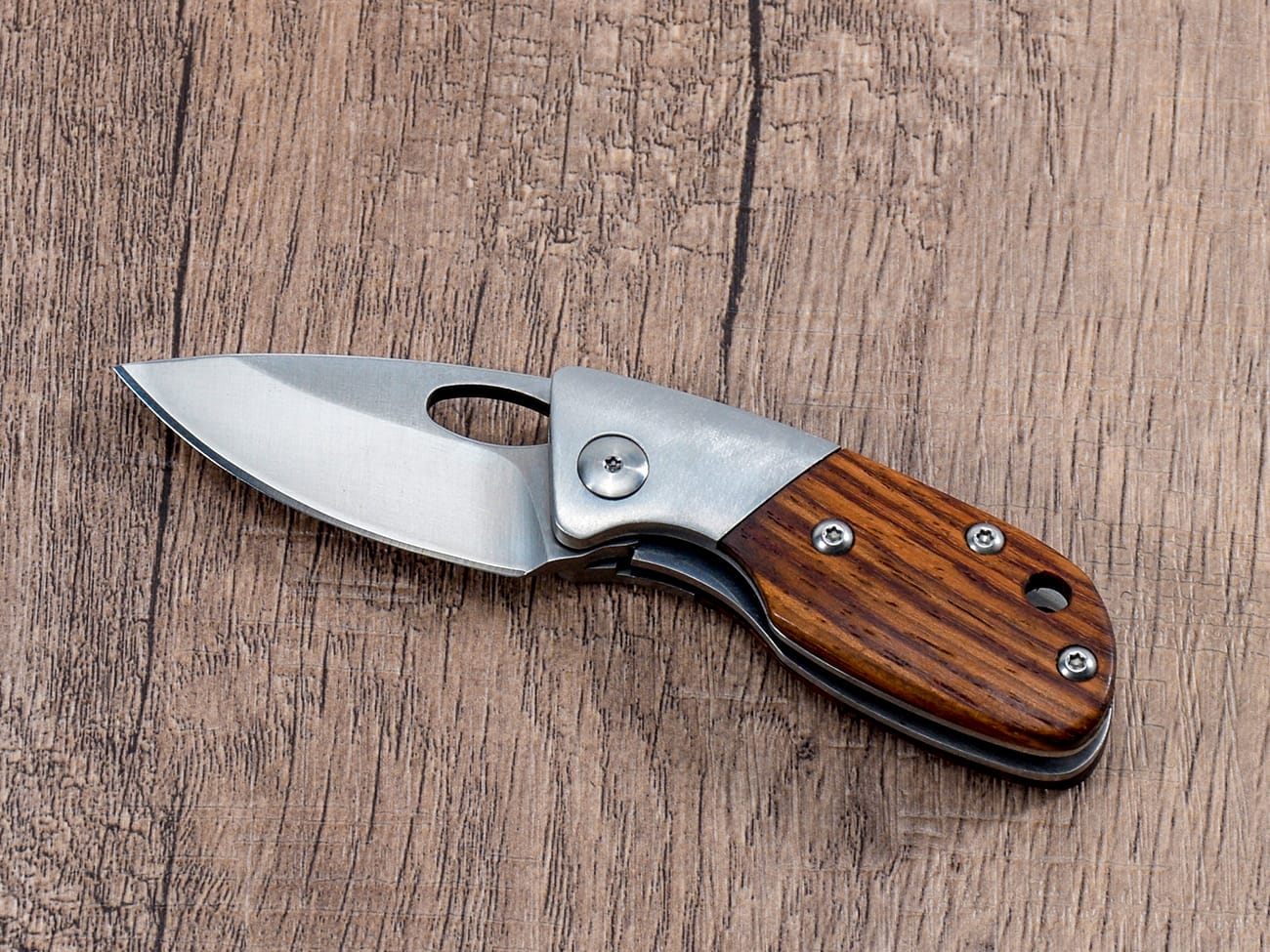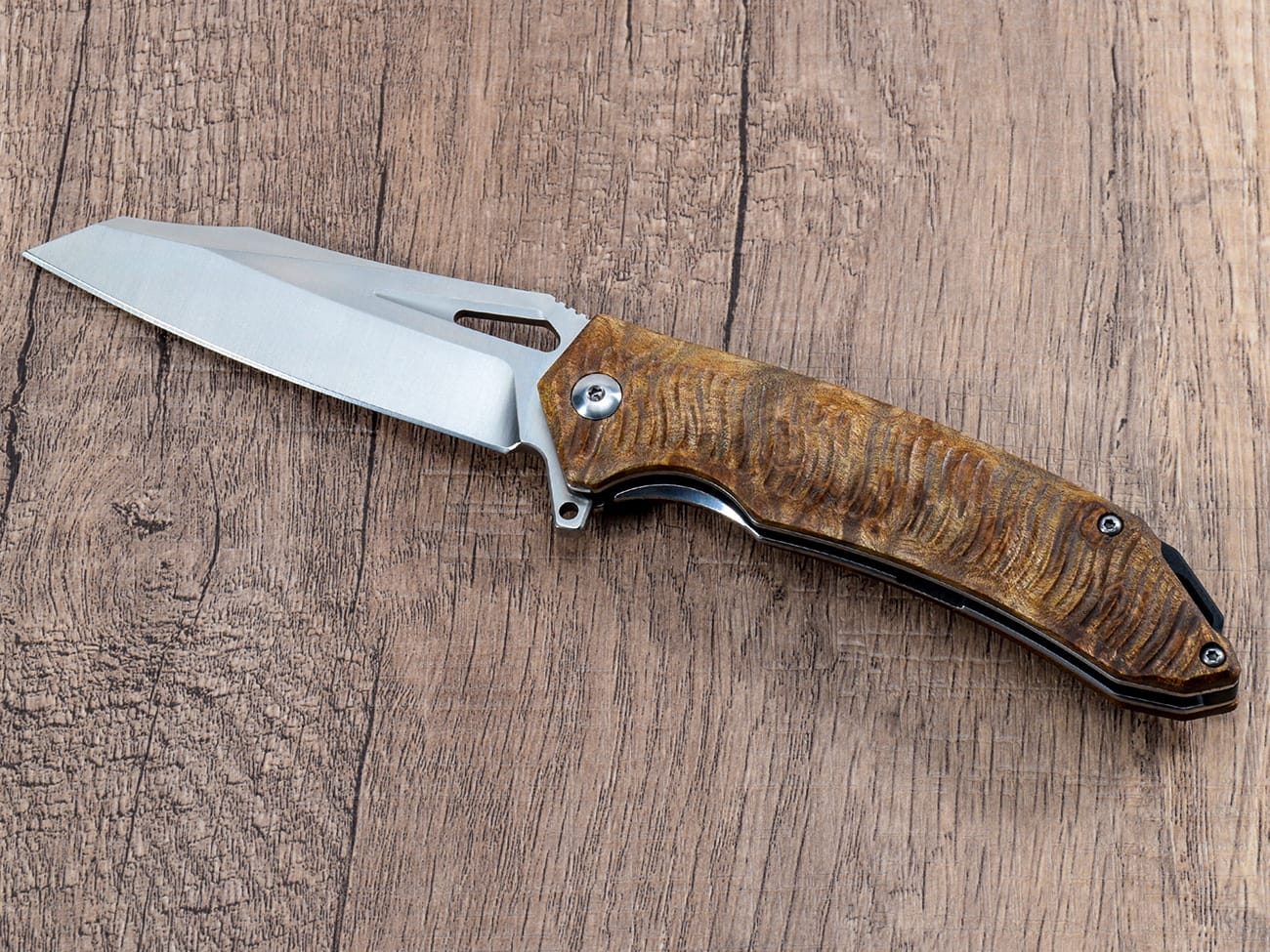Understanding Texas knife laws is crucial for anyone who wants to carry a fixed blade knife legally and safely. This comprehensive guide breaks down the current regulations, restrictions, and everything you need to know about carrying fixed blade knives in the Lone Star State. Whether you’re a pocket knife enthusiast, hunter, or everyday carrier, this article will help you stay compliant with Texas law.
What Types of Fixed Blade Knives Are Legal in Texas?
Texas has some of the most permissive knife laws in the United States. Since September 1, 2017, most knives, including fixed blade knives, are legal to carry openly or concealed. The law recognizes your right to carry a knife with a blade of any length in most locations. This includes:
- Bowie knives
- Hunting knives
- Survival knives
- Custom fixed blade knives
- Double-edged knives
Are There Any Blade Length Restrictions in Texas?
Unlike many other states, Texas does not impose blade length restrictions on knives. You can legally carry:
- Knives with blades longer than 5.5 inches
- Short fixed blade knives
- Any knife regardless of blade length
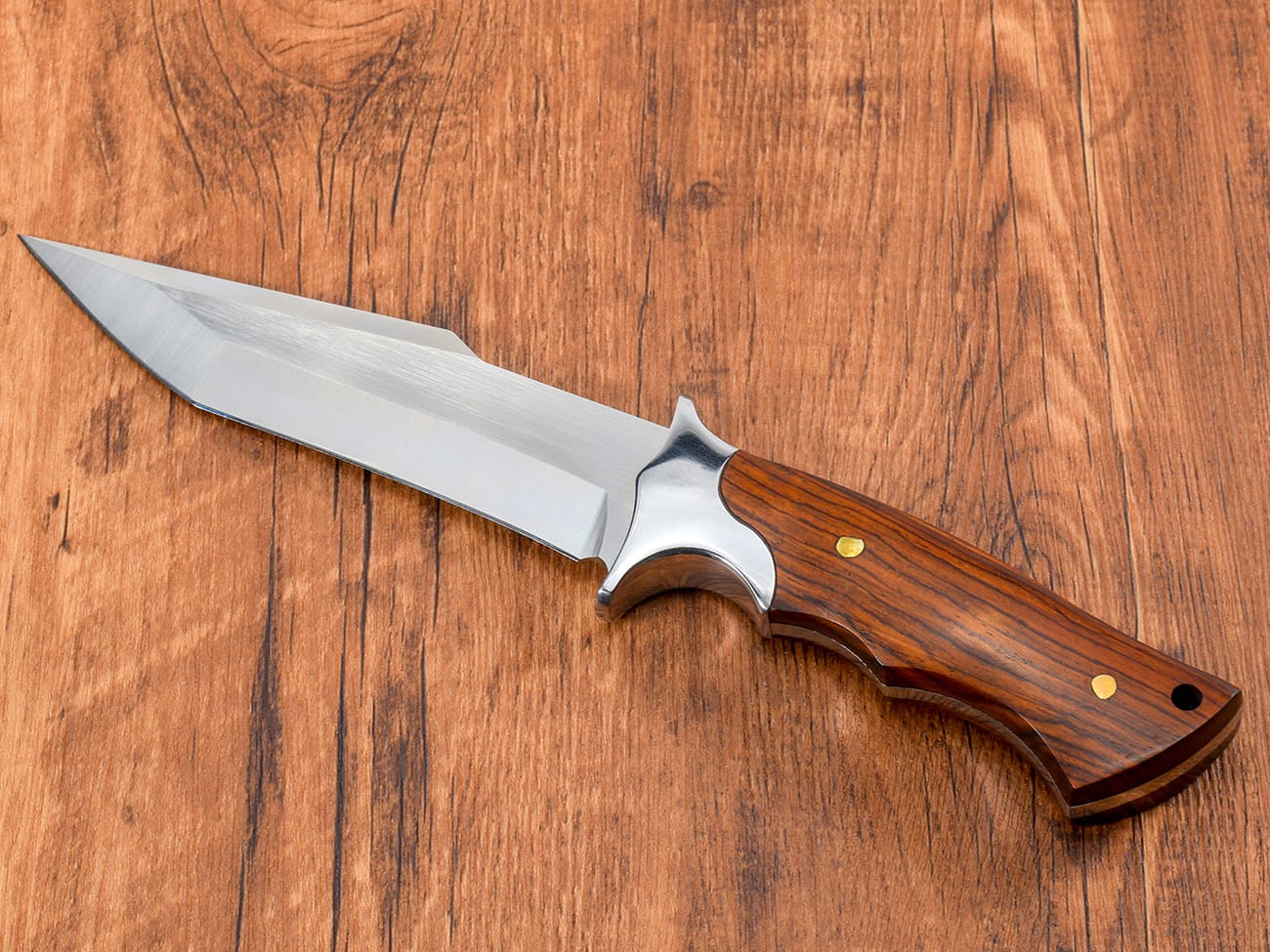
Where Can’t You Carry a Fixed Blade Knife in Texas?
While Texas knife laws are permissive, there are still location-restricted areas where carrying any knife is prohibited:
- Schools and educational institutions
- Polling places during elections
- Courts and court offices
- Correctional facilities
- Hospitals and nursing homes
- Amusement parks
- Places of worship
- Bars that derive 51% or more income from alcohol sales
What is Considered a Location-Restricted Knife?
Under Texas law, a location-restricted knife refers to any knife with a blade longer than 5.5 inches. While these knives are legal to carry in most places, they face additional restrictions in certain locations. The term applies to:
- Fixed blade knives over 5.5 inches
- Folding knives with blades exceeding 5.5 inches
- Bowie knives
- Machetes and swords
Open Carry vs. Concealed Carry of Fixed Blade Knives
Texas law allows both open and concealed carry of fixed blade knives. Here’s what you need to know:
- Open carry is perfectly legal in most locations
- Concealed carry is equally permissible
- No special permit is required for either method
- Choose your carry method based on personal preference and social considerations
Age Restrictions for Carrying Fixed Blade Knives
Texas knife laws include specific age-related provisions:
- Persons under 18 cannot carry location-restricted knives
- Minors can carry smaller fixed blade knives with parental consent
- Adults face no age restrictions for legal knife carry
How Does Texas Define a Fixed Blade Knife?
Understanding the legal definition is important. In Texas, a fixed blade knife is characterized by:
- A blade that does not fold
- Permanent attachment to the handle
- No mechanical deployment mechanism
- Single or double-edged design
Federal Laws That Affect Fixed Blade Knife Carry
While Texas laws are permissive, federal regulations still apply:
- Interstate transport restrictions
- Federal building prohibitions
- Airport and airplane restrictions
- Federal park and monument rules
Tips for Responsible Fixed Blade Knife Carry
To ensure safe and legal carry:
- Always be aware of location restrictions
- Consider social implications of open carry
- Use appropriate sheaths and retention
- Maintain situational awareness
- Exercise good judgment
Key Points to Remember
- Fixed blade knives are legal to carry in Texas
- No blade length restrictions in most locations
- Both open and concealed carry are permitted
- Location restrictions apply in certain places
- Federal laws must still be followed
- Age restrictions apply to certain knives
- Responsible carry is essential
Remember that while Texas knife laws are relatively permissive, it’s crucial to exercise good judgment and respect private property rights and location restrictions. Stay informed about any law changes and always prioritize safety and responsibility when carrying any type of knife.

